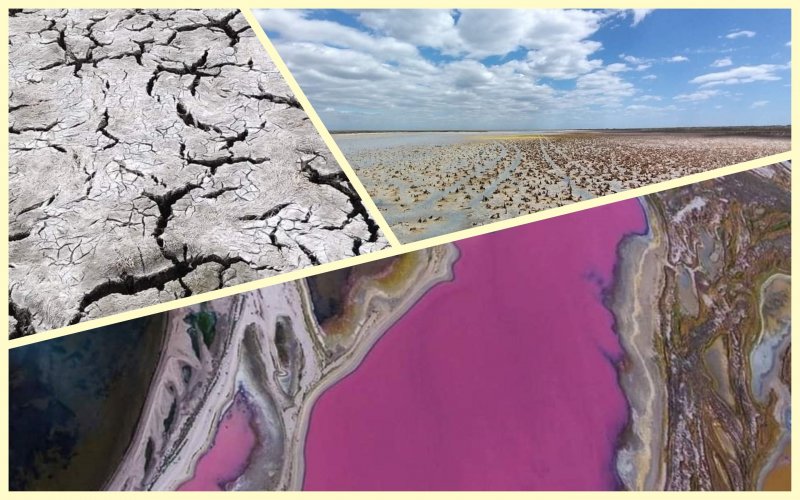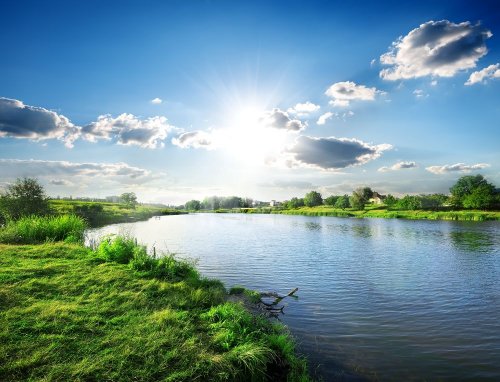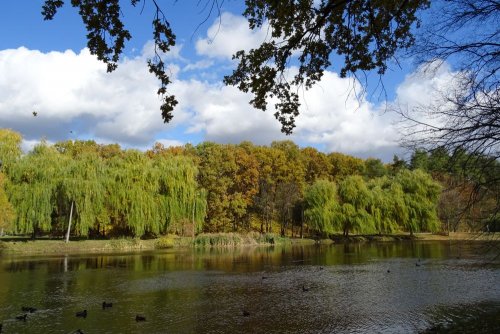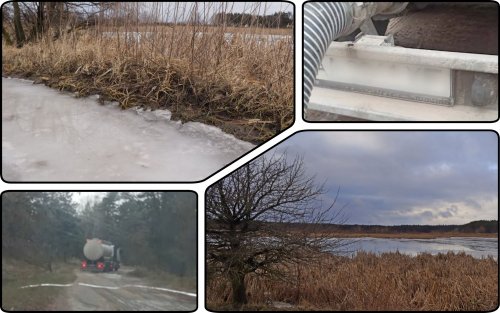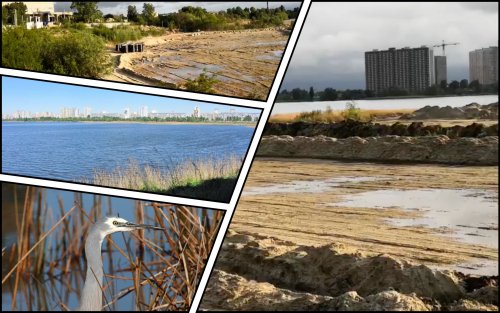In the Odesa region, the unique small protected lakes of academician Yuvenaliy Zaitsev dried up in the national natural park Tuzlivski lymany.
Scientists believe that the reason for the drying up was the lack of fresh water flow and water exchange between the Black Sea and the Tuzliv estuaries, as well as a decrease in the level of the Danube River, Ivan Rusev, a biologist at the Tuzlivski lymany NPP, reports on Facebook.
"In addition to military actions, one of the reasons for the lack of water exchange is the fact that the Odesa State Administration, namely the Deputy Head of the State Administration Oleg Muratov and the Department of Ecology of the State Administration Pavlo Bulanovych illegally blocked the issuance of permits to local fishermen who were ready to do such important environmental work at their own expense Rusev noted.
He also added that because of this, fishermen were left without fish, and the evaporation of water from the estuaries, against the background of the lack of water exchange with the Black Sea, led to the complete drying up of protected lakes. Unique bird gardens of galagas were concentrated on the lakes.
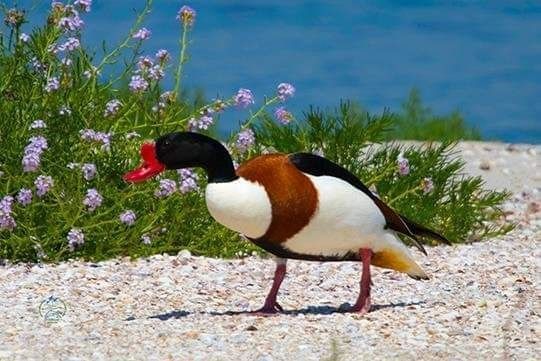
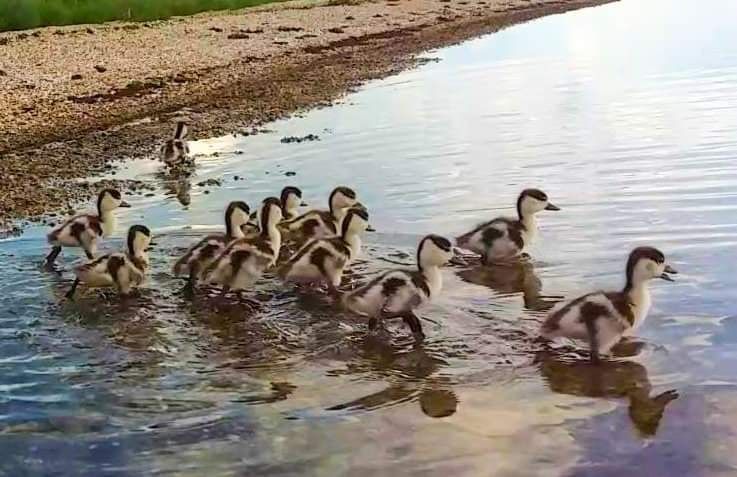
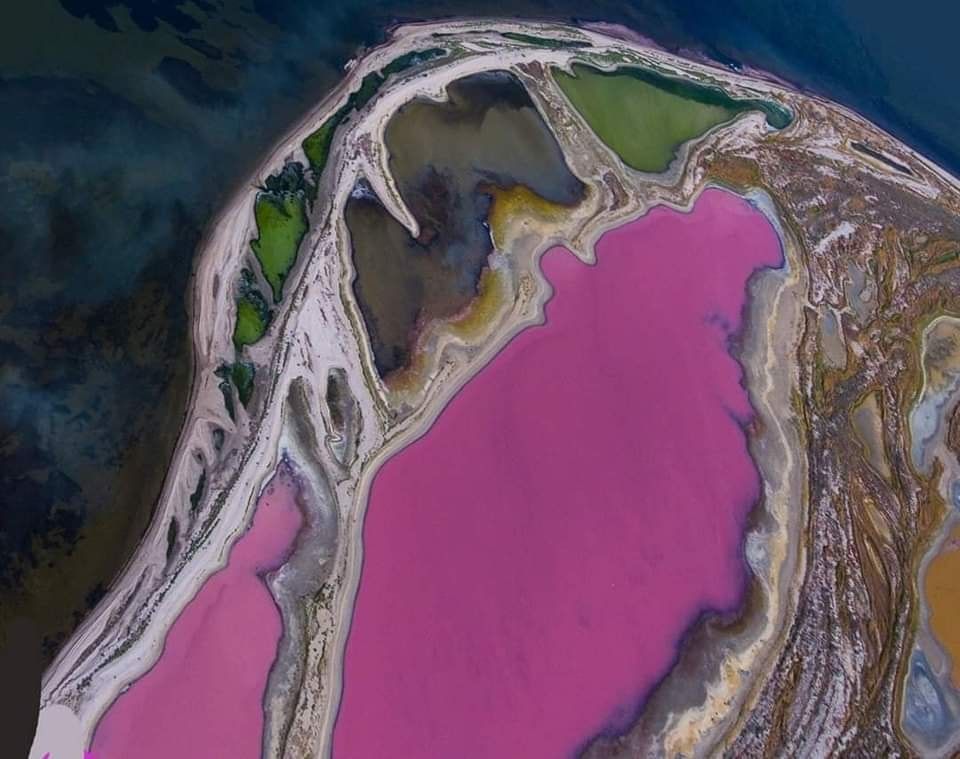
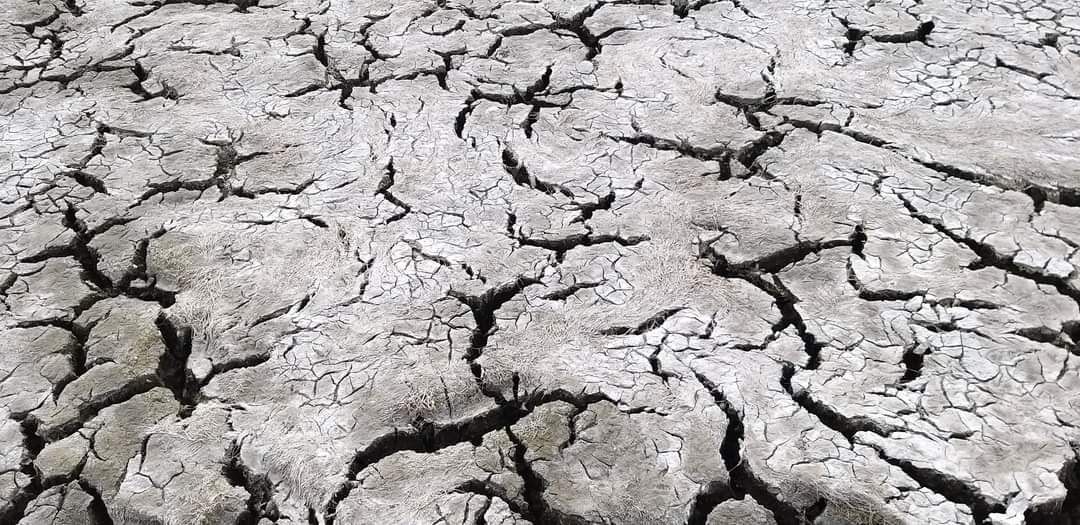
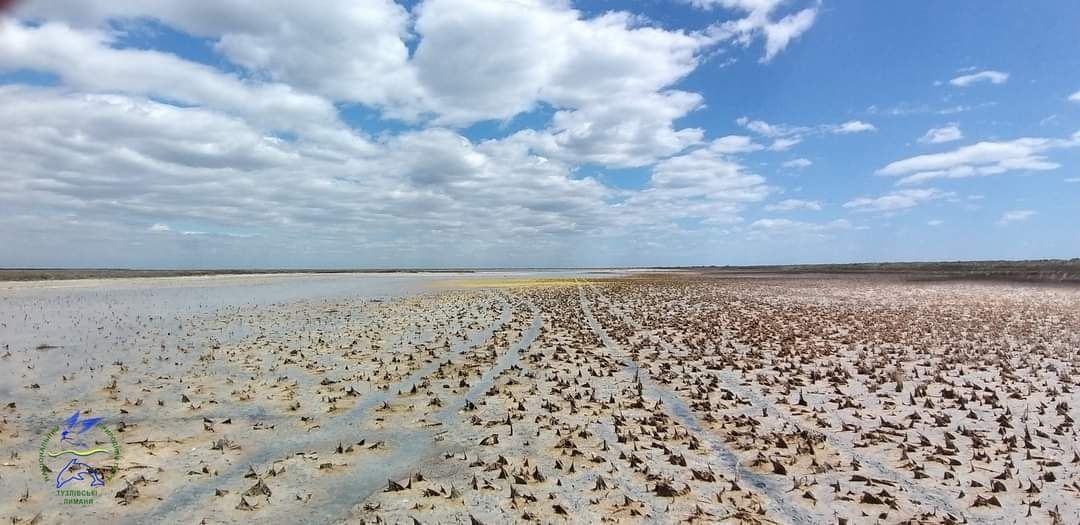
In addition, due to the decrease in the level of the Danube River during the last decade, water does not flow into the Dzantsheisky and Maly Sasyk estuaries and does not replenish the lakes.
The lakes, which the local residents call Balato", are located near a sandbank in the lower reaches of the Alibey estuary on the border with the Shagani and Karachaus estuaries. They are named after an outstanding Ukrainian scientist.
Earlier, EcoPolitic wrote, that in Transcarpathia, the water level in a mountain lake Synevir fell to an all-time low.
As EcoPolitic previously reported, in Ukraine due to climate change and Russian military aggression water safety is under threat, because most of the large rivers and lakes have become shallow and polluted, and small reservoirs are on the verge of disappearing.

